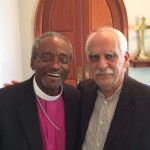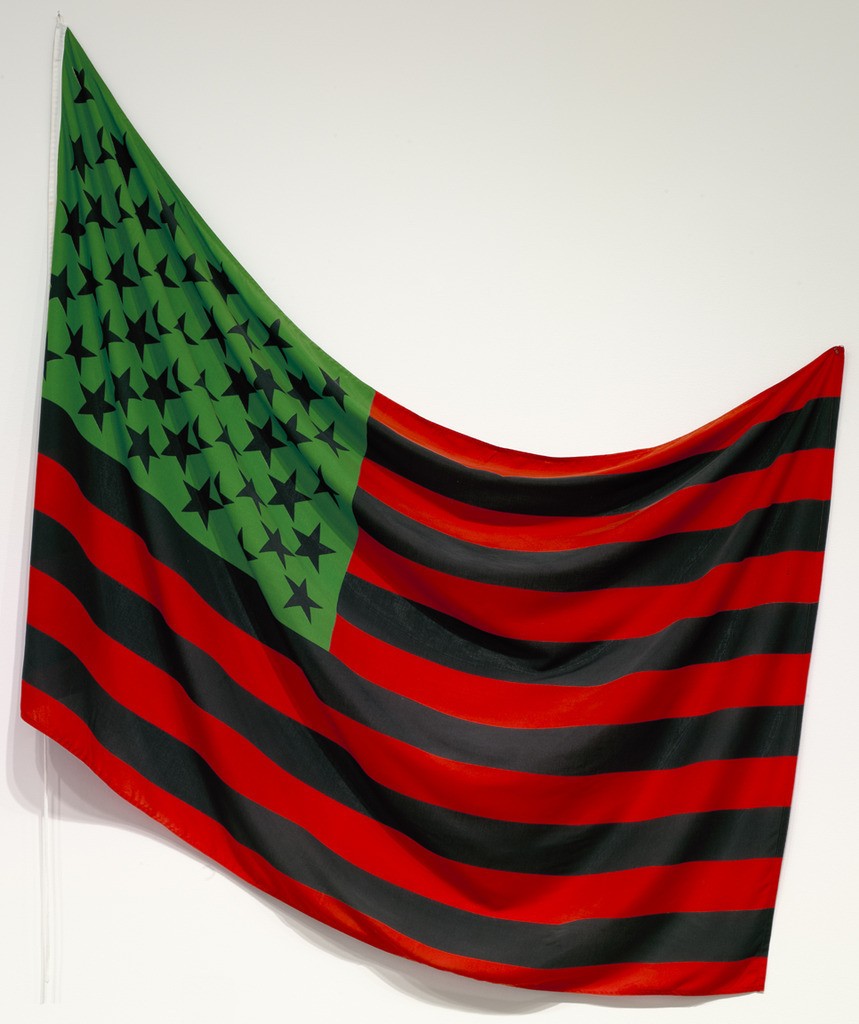THE MAGAZINE
by Robert Azzi
“I continue to believe that we’re not free in this country, … “ Bryan Stevenson said in a recent New Yorker profile. “There are spaces that are occupied by the legacy of that history that weigh on us. We talk a lot about freedom. We talk a lot about equality. We talk a lot about justice. But we’re not free. There are shadows that follow us.”
Stevenson, author of “Just Mercy” – a book of profound importance – is a lawyer, social justice activist and founder of the Equal Justice Initiative. Today, he’s working to establish The Memorial to Peace and Justice in Montgomery AL to document the nearly 4,000 lynchings that his group’s already identified that took place in twelve states of the
South from 1877 to 1950 – there may be another 3,000 yet undocumented.
1877-1950: 4,000 lynchings.
It’s not yet a century since that time in 1921 when the City of Tulsa, Oklahoma conspired with white mobs to inflict a pogrom upon the black residents of its Greenwood neighborhood, killing approximately 300. Attacked from both on the ground and by air, more than 35 blocks of Greenwood, then considered the wealthiest black community in America, were burned to the ground.
Until the Voting Rights Act of 1965, Oklahoma was overwhelmingly governed by Jim Crow. Five years before the pogrom Tulsa even passed an ordinance that forbade residents from living on any block where three-fourths or more of the other residents were of the other race.
On what block would Barack Obama and Colin Kaepernick been permitted to live?
1921: 300 killed, over 800 admitted to white hospitals (black hospitals were torched), 10,000 homeless, more than 6,000 blacks arrested and detained.
The Oklahoma Bureau of Vital Statistics “official” death tally: 36.
1996: After decades of ignoring the pogrom the state legislature established the Tulsa Race Riot Commission to examine the historical record, to acknowledge what happened in Greenwood.
2001: Among the report’s recommendations were reparations to survivors and their descendants because the city had, the record proved, conspired with the mob: most recommendations were never implemented. Further, it reported that “The Tulsa race riot of 1921 was rarely mentioned in history books, classrooms or even in private. Blacks and whites alike grew into middle age unaware of what had taken place.”
No surprise; we’re still unaware of much done in our name.
1619-2016: For a nation built from sea-to-shining-sea on stolen land, genocide of indigenous peoples, broken treaties and slave labor America’s historically been reluctant to acknowledge that much of what we’ve accomplished – our sovereign blessings – have come at someone else’s expense.
In this we’re not unique; Colonial and imperial enterprises for centuries pillaged, looted and profited from the resources and labor of others. Some have retrenched and others, like America, are today struggling to balance the benefits, burdens, and responsibility of its history.
Out of our successes – and depredations – we’ve assigned to ourselves, since our Independence, special status and distinction: Manifest Destiny, Blessed by God, Exceptionalist, King among Kings, Rulers of the Universe.
And key to believing we’re blessed by God is believing that we’re a chosen people, free of sin. And that a nation free of sin never has to say sorry.
Sojourners’ Jim Wallis, in a “Pastoral Letter to White Americans” wrote, “Many white Americans tend to see this problem as unfortunate incidents based on individual circumstances. Black Americans see a system in which their black lives matter less than white lives. That is a fundamental difference of experience between white and black Americans… The question is: Are we white people going to listen or not?”
2016: This all came to mind as I witnessed the struggles in Tulsa and Charlotte, two cities with long histories of social injustice, two cities trying to cope with death, conflict and justice in the shadows of their, and America’s, collective histories.
Blinded by our reluctance to acknowledge sin, ignorant of geography and history, we’re unable to recognize the intersectionality of violence that connects the slave markets of Charlotte, the pogroms, lynchings, church burnings, marginalization and disenfranchisement of minority communities and communities of color.
When we’re so blinded we can’t recognize that the incidents that trigger protests and violence are rooted in years of resentment of the police that have come to be seen as that enforcers of a system that’ve denied them the franchise, safety, education, economic opportunity, dignity and justice.
The skin color of the police doesn’t matter.
It’s the perception of police as agents of an unjust system that triggers the response, that exposes the fissures and cleavages that rend our nation, tremors that signal upheaval and conflict, signal how many unresolved conflicts still stand unconfronted.
So, in Charlotte, when in a BBC interview NC Congressman Robert Pittenger says : “The grievance in their minds — the animus, the anger — they hate white people, because white people are successful and they’re not,” he speaks not as an elected representative of “We the People” but instead reflects the resentful, bitter sentiments of a privileged class that once ruled the racist South.
Fearful of change, ignorant of history, his words reflected an attempt to deny the humanity and full empowerment of many Americans, a fear that is today being reflected in many corners of our Public Square.
A fear that can only be countered, I believe, not by trying to isolate and deny voice to haters and bigots but by empowering our own Truth and Reconciliation Committee.
We can’t reconcile simply by saying sorry, by building museums and electing an African-American president. We reconcile by directly confronting (as were confronted in South Africa, Chile and Germany) and casting light upon those sins, those depredations, made in our name and from which many of us still prosper.
As long as that history casts its shadow upon one its casts its shadow upon all.
In July, after the senseless murders of five policemen in Dallas, Charlotte-Mecklenberg’s African-American Police Chief Kerr Putney reflected, “We’re different in Charlotte, y’all … And we’re a good kind of different. We’re a good kind of different.”
Today, after reflecting upon Tulsa and Charlotte this past week, turns out he was wrong.
Dead wrong.
These are the shadows that follow us all.
 Robert Azzi is an American-Arab-Muslim columnist and photojournalist who writes on issues of Islam, Identity, Conflict and The Other. He’s active in interfaith work, often with Episcopal colleagues in New Hampshire. His writing is archived at theotherazzi.wordpress.com
Robert Azzi is an American-Arab-Muslim columnist and photojournalist who writes on issues of Islam, Identity, Conflict and The Other. He’s active in interfaith work, often with Episcopal colleagues in New Hampshire. His writing is archived at theotherazzi.wordpress.com

